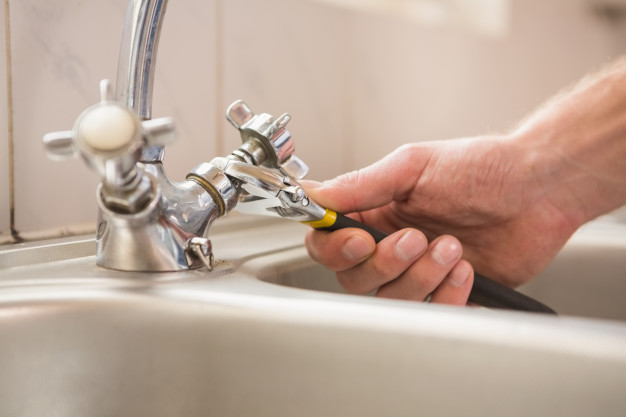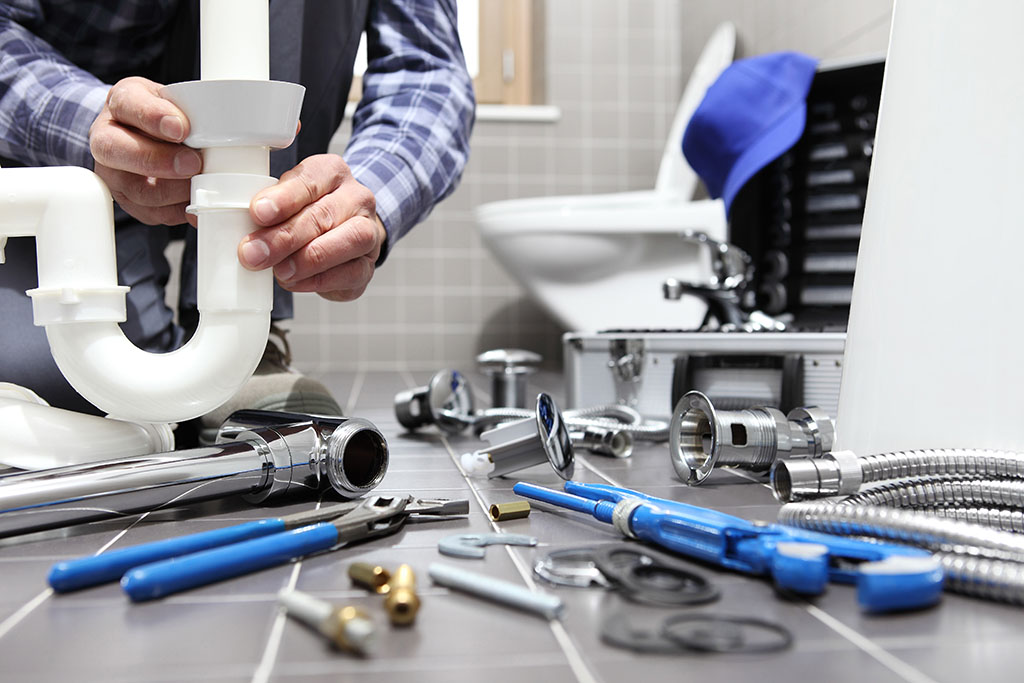Bristol residents who rely on septic systems know that proper maintenance is crucial to ensure the longevity and efficiency of their wastewater treatment systems. Neglecting septic system care can lead to costly repairs and environmental hazards. In this comprehensive guide, we’ll explore essential septic system maintenance tips that Bristol homeowners should follow to keep their systems running smoothly.
1. Regular Pumping and Inspections
Routine inspections and pumping are the foundation of septic system maintenance. Bristol residents should schedule a professional inspection at least every three years and pump the tank when necessary. The frequency of pumping depends on household size and water usage. Regular maintenance helps prevent solids from accumulating and clogging the system.
2. Be Mindful of Water Usage
Conserving water is key to septic system health. Excessive water usage can overload the system, leading to inefficiency and backups. Spread out laundry and dishwashing throughout the week, fix any leaks promptly, and consider installing low-flow fixtures to reduce water consumption.
3. Proper Disposal Practices
Avoid flushing non-biodegradable items down the drain or toilet. These items can clog pipes and strain the septic system. Bristol residents should never dispose of chemicals, medications, or items like baby wipes, sanitary products, and grease down the drain. Use a separate trash disposal method for these items.
4. Maintain Your Drainfield
The drainfield is a critical component of a septic system. To ensure its functionality:
- Avoid parking or building over the drainfield.
- Keep trees and shrubs away from the drainfield area to prevent root intrusion.
- Redirect surface water away from the drainfield to prevent oversaturation.
5. Use Septic-Safe Products
Choose septic-safe cleaning products that are biodegradable and won’t harm the beneficial bacteria in your septic tank. These bacteria break down waste and maintain the system’s balance. Look for products with the “Septic Safe” label.
6. Keep Records
Maintaining a record of septic system maintenance, inspections, and pump-outs is essential. These records can help identify trends in system performance and guide future maintenance decisions. It’s also valuable documentation when selling your home.
7. Address Issues Promptly
If you notice signs of a septic system problem, such as slow drains, gurgling pipes, or foul odors, address them promptly. Ignoring these warning signs can lead to more extensive and expensive repairs.
8. Professional Maintenance
While some maintenance tasks can be performed by homeowners, it’s essential to hire a professional for periodic inspections and pump-outs. Septic system experts have the knowledge and equipment to assess your system’s condition accurately.
9. Educate Household Members
Ensure that everyone in your household is aware of septic system maintenance guidelines. Educating family members about proper water usage and disposal practices is key to preventing system issues.
10. Plan for Replacement
No septic system lasts forever. Bristol residents should budget and plan for eventual system replacement. Being prepared financially can alleviate the stress of unexpected system failure.
Conclusion
By following these septic system maintenance tips, Bristol residents can extend the lifespan of their septic systems, prevent costly repairs, and protect the environment. Regular inspections, responsible water usage, and proper disposal practices are fundamental to a well-functioning septic system. Don’t overlook the importance of professional maintenance and record-keeping, as they can save you time and money in the long run.



